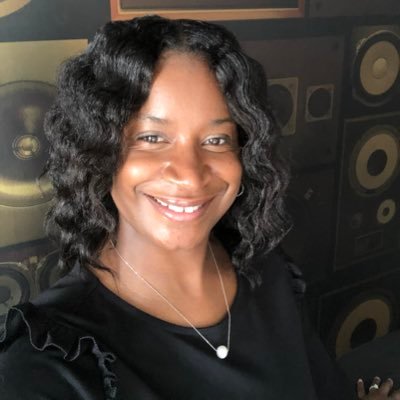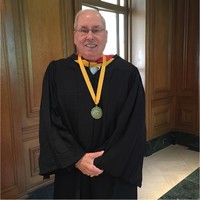Not all experts are created equally—and when it comes to expert witnesses, state and federal courts have specific rules about who can be considered an expert witness.
In a federal court, the Federal Rules of Evidence deem that a qualified expert witness is someone who “is qualified as an expert by knowledge, skill, experience, training, or education may testify in the form of an opinion or otherwise if: the expert’s scientific, technical, or other specialized knowledge will help the trier of fact to understand the evidence or to determine a fact in issue; the testimony is based on sufficient facts or data; the testimony is the product of reliable principles and methods; and the expert has reliably applied the principles and methods to the facts of the case.”
In layman’s terms, the difference between an expert witness and a non-expert witness comes down to opinion. Expert witnesses are generally asked to give their expert or professional opinion on a situation. In contrast, non-expert witnesses can only testify about facts—what they directly saw or heard—not about their thoughts or opinions.






